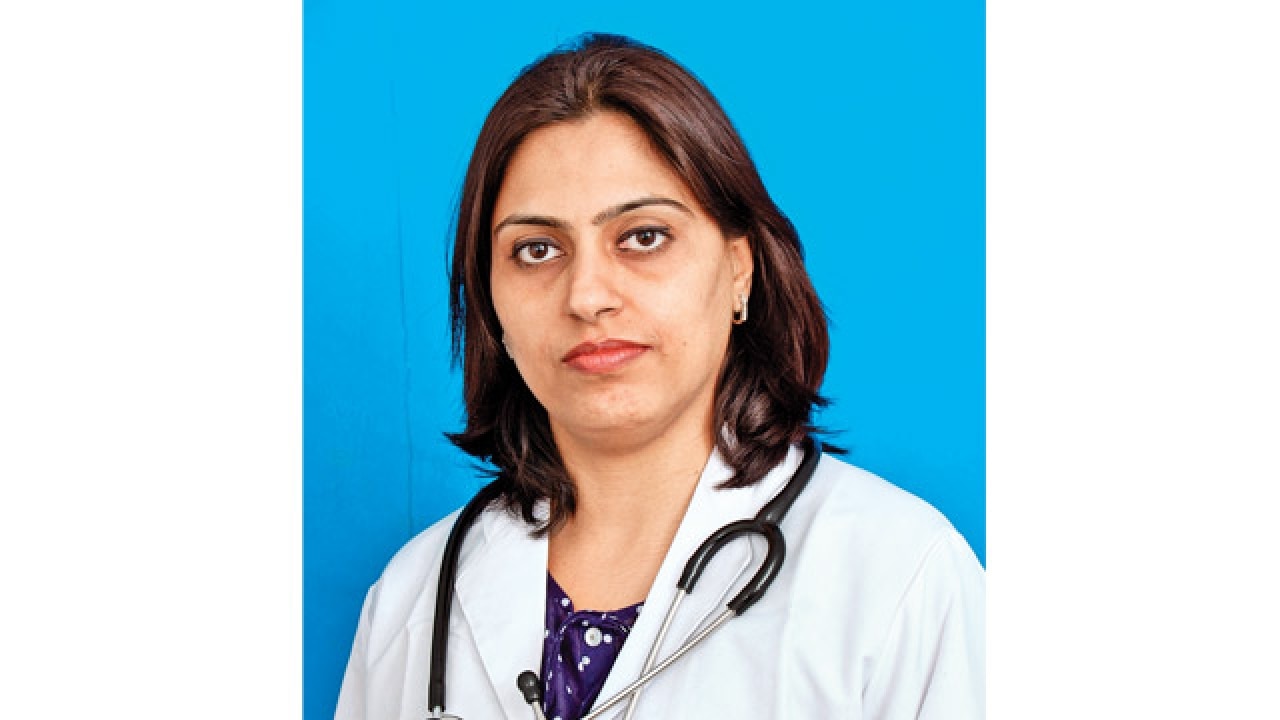
People often get confused about Polycystic ovarian syndrome (PCOS) and Polycystic ovarian disease (PCOD). Both these diseases are associated with ovaries.
PCOS is an endocrine system disorder while PCOD is a condition developed by the hormonal imbalance. The exact cause of both is unknown but hormonal imbalances and genetics play a pivotal role.
In layman terms, in girls with PCOS, the ovaries produce higher levels of androgen than normal, and this interferes with egg development and release. Some of the eggs develop into cysts, which are little sacs filled with liquid. Instead of releasing during ovulation, these cysts build up in the ovaries and may even get enlarged.
In PCOD, hormonal imbalance leads to ‘collection’ of mature eggs in the ovaries, as they cannot be discharged. These also become cysts and some of the cysts lead to more cysts and this cycle goes on. Insulin diet, hormonal disturbances or stress lead to PCOD.
According to WHO, PCOS affects 116 million women worldwide. PCOS affects approximately 10 per cent women in the reproductive age group.
PCOD and PCOS, which are associated with faulty ovaries include symptoms like irregular periods common to both, with PCOS leading to thinning of hair and development of male hair pattern in PCOD. Both are caused by hormonal imbalance; and contribute to infertility. But PCOD is not as serious as PCOS, which is more severe form of this syndrome.
A healthy and holistic diet along with regular exercise is recommended for all women with PCOS. This lifestyle change will help regulate the menstrual cycle and lower your blood glucose levels. Losing weight will help in coping with PCOS. The important thing is to diagnose PCOS early or to catch the disease at a young age so that prompt lifestyle modifications, exercise and medicines can spare you from long term health consequences of PCOS.
Moderate exercise has been shown to improve the regularity of menstrual cycles and reduce androgens that contribute to excess hair growth. It is important to inculcate the habit of walking as well as cut back on stress; try yoga or meditation. Maintain a balanced diet and avoid processed and packaged food.
Get evaluated for PCOS if:
You have an irregular menstrual cycle or prolonged cycles (beyond 35 days or so)
Increased hair growth on face, chest, stomach, back, thumbs, or toes
Your skin is breaking out or you get acne, oily skin, or dandruff
You have gained extra weight around your tummy
Darkening of skin around your neck